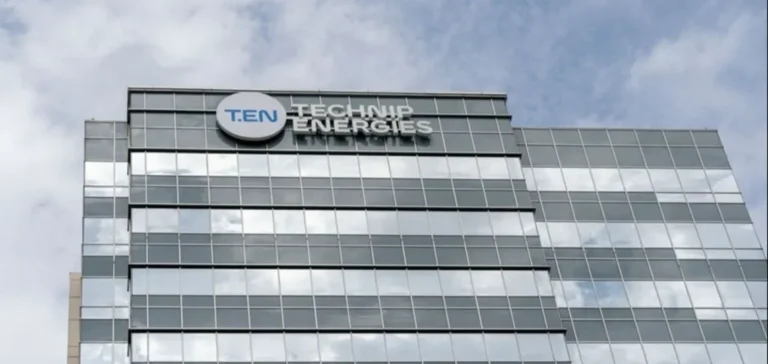Technip Energies has secured two engineering service contracts from Repsol for the Ecoplanta Molecular Recycling Solutions project, located in El Morell near Tarragona, in northeastern Spain. The project involves the construction of the first commercial-scale facility in Europe capable of converting non-recyclable municipal solid waste and biomass into renewable methanol.
The upcoming plant will process up to 400,000 tonnes of waste annually to produce around 240,000 tonnes of methanol. This output is intended to support the production of circular materials and advanced biofuels. The process is based on a gasification technology developed by Canadian firm Enerkem, integrated into the project through a strategic partnership established with Technip Energies in 2024.
Contracts covering the full industrial scope
The two contracts awarded to Technip Energies cover the entire delivery scope of the project. The first concerns the core process developed jointly with Enerkem, while the second covers the Balance of Plant, integrating the facility’s remaining units. Technip Energies will provide both engineering and procurement services required for implementation.
The scope of work also includes the complete integration of the gasification technology, which will convert waste into renewable chemicals and synthetic fuels. This approach targets a net reduction of greenhouse gas emissions, amounting to 3.4 million tonnes of CO₂ equivalent over the first ten years of operation.
A project backed by European funding
The Ecoplanta project is co-financed by the European Union Innovation Fund. This financial support aligns with the project’s objective to divert significant waste streams from Spanish landfills while valorising residual flows for industrial use.
Revenue from these two contracts will be recorded in Technip Energies’ third-quarter 2025 order intake under its Technology, Products and Services (TPS) segment. The project also reinforces the group’s strategy to expand its position in the market for fuels derived from alternative sources.
Sylvain Cabalery, Senior Vice President of the Sustainable Fuels, Chemicals & Circularity division at Technip Energies, stated that the project represented “a major step forward for waste-based feedstock transformation in Europe.”






















